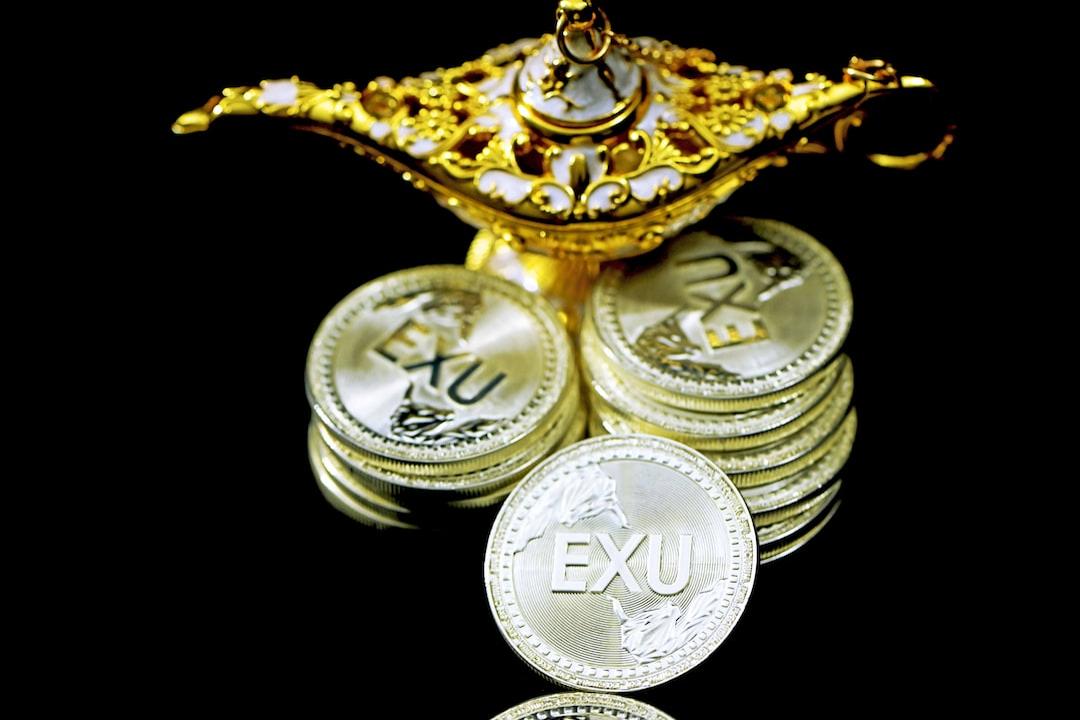MicroStrategy Founder Michael Saylor stated at the Miami Crypto Event that it is America’s “manifest destiny” to establish a Bitcoin strategic reserve, akin to past gold and land acquisitions. He predicted that Senator Lummis’ proposed bill to purchase 1 million BTC will pass, describing it as the greatest deal of the 21st century.
(Pre-story: U.S. to Buy 1 Million BTC Over 5 Years? Senator Lummis’ Bitcoin Reserve Bill Emerges, Where Will the Funds Come From?)
(Background: MicroStrategy’s Perfect BTC Profit Practice! Floating Profits Exceed $10 Billion, Michael Saylor Hints at “Additional Purchases”)
Since Trump’s election as president, the cryptocurrency market has seen consecutive gains, with Bitcoin once breaking through $90,000. The market anticipates a more friendly regulatory environment for crypto under Trump’s administration and the vision of incorporating Bitcoin into the U.S. strategic reserve assets.
Regarding this, staunch Bitcoin believer Michael Saylor said on Thursday at a cryptocurrency event in Miami that the idea of the U.S. purchasing strategic reserve assets is not new; the government has taken many such actions in the past. He recalled a series of major land purchases in the 19th century, such as Manhattan, Louisiana, California, and Alaska, which brought trillions of dollars in benefits to the U.S.
Saylor also mentioned that strategic purchases like gold, oil, grains, and helium have occurred several times in the nation’s history. He stated:
Saylor further emphasized:
In summary, Saylor believes the U.S. should establish a Bitcoin strategic reserve. He indicated that the most effective way to protect the dollar is to pay off national debt and accumulate wealth. Second, the next best way to protect the dollar is to ensure you hold any capital asset that could potentially replace Treasury bills if it appears in the market. He pointed out that such an asset is Bitcoin.
Note: In 19th-century America, “Manifest Destiny” was the belief that the U.S. had a divine mission to expand its territory. This concept was first proposed in the 1840s, asserting that the U.S. was divinely entrusted to extend its territory and influence to the western regions of North America. This idea was used to justify territorial expansion into the West, including Mexican territories, and became a crucial ideological foundation for the westward movement.
Additionally, Saylor believes that Senator Cynthia Lummis’ proposal for the U.S. Treasury to purchase 1 million BTC over five years will pass because the Republicans will have a majority in both chambers next year. He stated that if this bill becomes reality, it will be the “greatest deal of the 21st century,” and he expects the U.S. to gain up to $16 trillion in economic benefits from this action.
Saylor also described a “Trump Max” scenario, where the country would purchase 4 million BTC. He believes this could generate up to $81 trillion in economic returns and asserts that the Trump Max strategy is a rational choice.
As for where the funds for purchasing 1 million BTC will come from, Bloomberg reported that Lummis said there is a plan to buy Bitcoin without increasing the government deficit, which involves selling part of the Federal Reserve’s gold. She stated:
According to Lummis’ bill, Bitcoin will be held for at least 20 years, and the assumption is that its value appreciation will help reduce U.S. national debt. At current market prices, these purchases will cost about $90 billion, but if the bill passes and investors buy ahead of the government, this amount could increase.
Whether the U.S. Bitcoin strategic reserve will be approved remains to be seen.
Further Reading: U.S. to Buy 1 Million BTC Over 5 Years? Senator Lummis’ Bitcoin Reserve Bill Emerges, Where Will the Funds Come From?
Crypto venture firm Paradigm co-founder Matt Huang commented that the game theory equilibrium of BTC adoption has changed:
Matt Huang emphasized that the window for the U.S. to adopt Bitcoin has opened, and other sovereign nations will no longer wait. Countries that establish Bitcoin reserves early will benefit from lower entry prices. He concluded that the race to establish Bitcoin reserves has begun.



